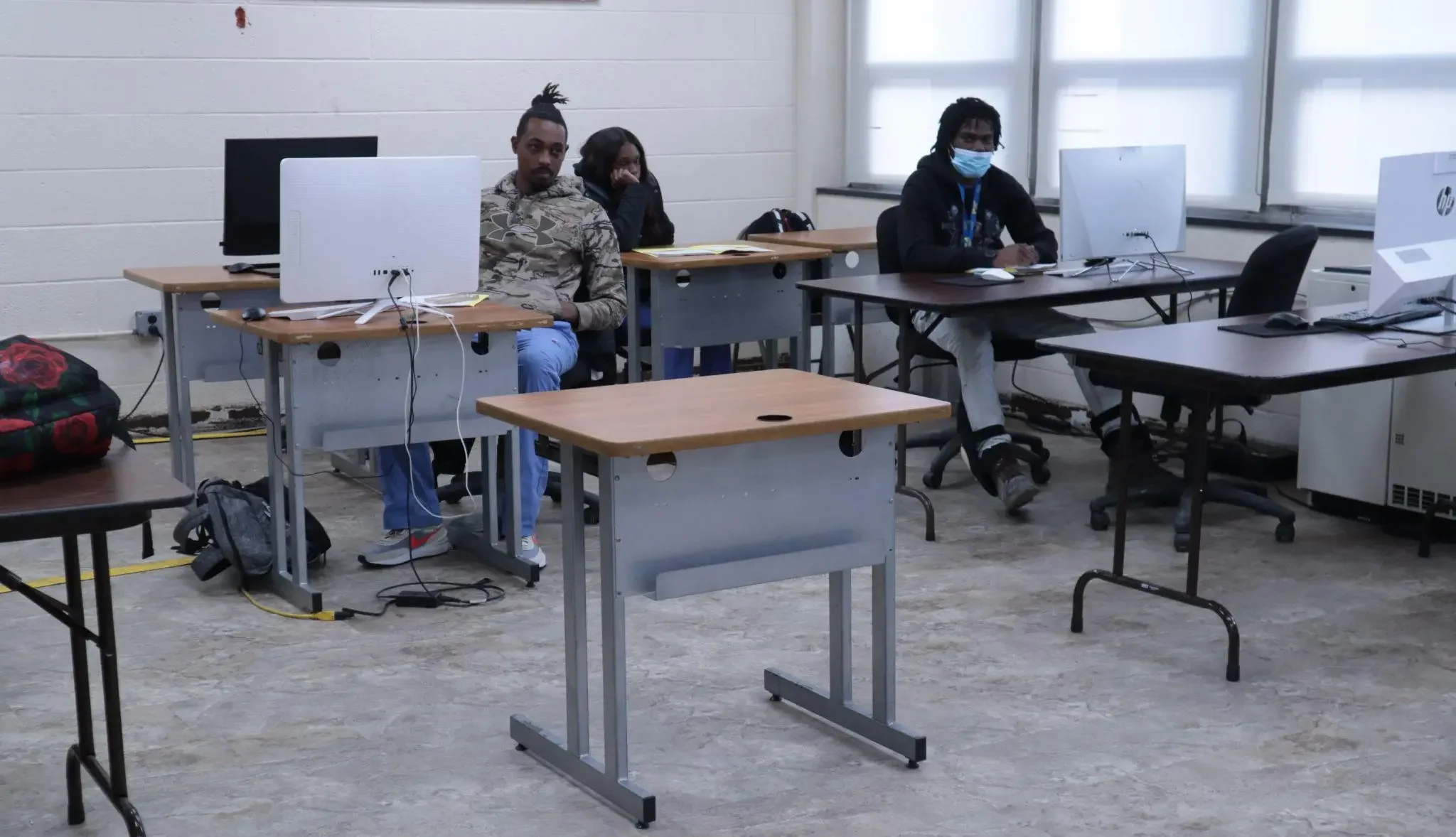If you stand on a Philadelphia street corner long enough, you’ll see the trades at work. The bridges you drive across, the subway lines that carry thousands every day, the heating and cooling that keep homes comfortable through blizzards and heatwaves—none of it exists without our tradespeople.
And many of those hands first held tools inside a technician training school in Philadelphia. These schools aren’t ivory towers. They’re workshops filled with welding sparks and buzzing wires.
People call these paths “easy” because the programs are shorter, the tuition costs less, and the jobs come quickly. But “easy” doesn’t capture the story. Easy doesn’t describe the patience of a welder balancing precision with fire. Easy doesn’t explain the responsibility an automotive student feels when they know a nursing home’s comfort depends on their skill.
The truth? These trades are accessible, yes. But they’re also some of the most rewarding careers for anyone who wants to leave a mark on their community. That’s why students keep walking into a technician training school in Philadelphia and walking out ready to change lives.
It’s not hard to see why the label stuck. Programs in vocational trades training take months instead of years. Tuition costs a fraction of a four-year degree. Students graduate and land jobs faster than their peers in lecture halls.
But easy doesn’t mean simple. A welder spends hours perfecting the same line of molten steel until it holds like rock. An electrician memorizes circuits until the patterns feel like second nature. A sterilization technician learns procedures that protect lives in operating rooms.
The trades are easier to start—but not easier to master.
Graduates who train themselves from the best trade schools don’t just get to work. They create a safer, more functional city.
Think about it:
The pride of being a part of a skilled trades career program often comes from moments like these.

Step inside a technician training school in Philadelphia, and you’ll notice something right away: there are no endless rows of desks. Instead, there are welding booths, auto bays, HVAC systems, and medical sterilization labs.
Students practice. Then practice again. That’s the rhythm of vocational trades training—learn by doing. Instructors don’t just talk about theory; they demonstrate. Then students repeat it until confidence replaces hesitation.
By graduation, they don’t just know the steps. They can do them with their eyes closed. Welding, wiring, repairing, sand terilizing—it becomes instinct. And instinct is precisely what you need when the community depends on you.

Ask a graduate why they chose the trades, and the answers usually go beyond money.
A young man from West Philly once said he didn’t know what came after high school. College felt out of reach. He enrolled in PTTI’s welding program, and within a year, he was working on city infrastructure projects. Every time his mother drives across a bridge he helped build, she reminds him of the impact he made.
That’s the quiet truth of a skilled trades career: every job has a face, a name, and a story attached.
One of the biggest strengths of the trades is stability. We can’t outsource any skilled trades job. A burst pipe in South Philly or a broken AC in a Kensington daycare can’t wait for someone overseas. It needs fixing now, right here.
That local demand means steady income, even when other industries stumble. Plus, graduates from the best trade schools usually carry less debt than college graduates (Forbes). Instead of waiting years to pay off loans, many tradespeople buy homes, support families, and reinvest in their neighborhoods within a few years of graduation.
That stability isn’t just financial—it’s emotional. Knowing your skill will always be needed brings peace of mind.

Ask any skilled trades job worker why he stayed in the field for twenty years, and he might tell you about the stormy night when he restored power to an entire block. Ask a welder why she still loves her work, and she might point to the skyline and say, “See that beam? That’s mine.”
The rewards of trades often hide in plain sight:
For many who complete vocational trades training, money matters—but meaning matters more.
Look around a modern job site, and it’s clear: this isn’t your grandfather’s trade work. Alongside drills and welders, you’ll see tablets displaying blueprints. A plumber might carry an iPad to monitor water flow. A technician may be calibrating innovative systems that adjust automatically to weather changes.
This isn’t a replacement—it’s evolution. In Philadelphia, schools are adding solar panels. Hospitals are investing in green systems. Electricians must now understand both traditional wiring and renewable energy systems. And PTTI, your own technician training school in Philadelphia, has accustomed itself to deliver the best to its students, to equip them in these challenging times with the best of technology.
“Easy-skilled trades” isn’t the insult some think it is. Yes, the programs are shorter and the costs are lower. But the work? It requires precision, patience, and pride.
It is not he paycheck, but the real impactful stories that make these trades rewarding. The kids learning in a cooled classroom. The commuters crossing a bridge built to last.
That’s the legacy of a technician training school in Philadelphia. It doesn’t just create workers. It creates neighbors who fix, build, and serve.
And maybe that’s the real meaning of “easy.” Easy to start, accessible to anyone willing to learn. But the rewards—those are anything but simple.
Read more-